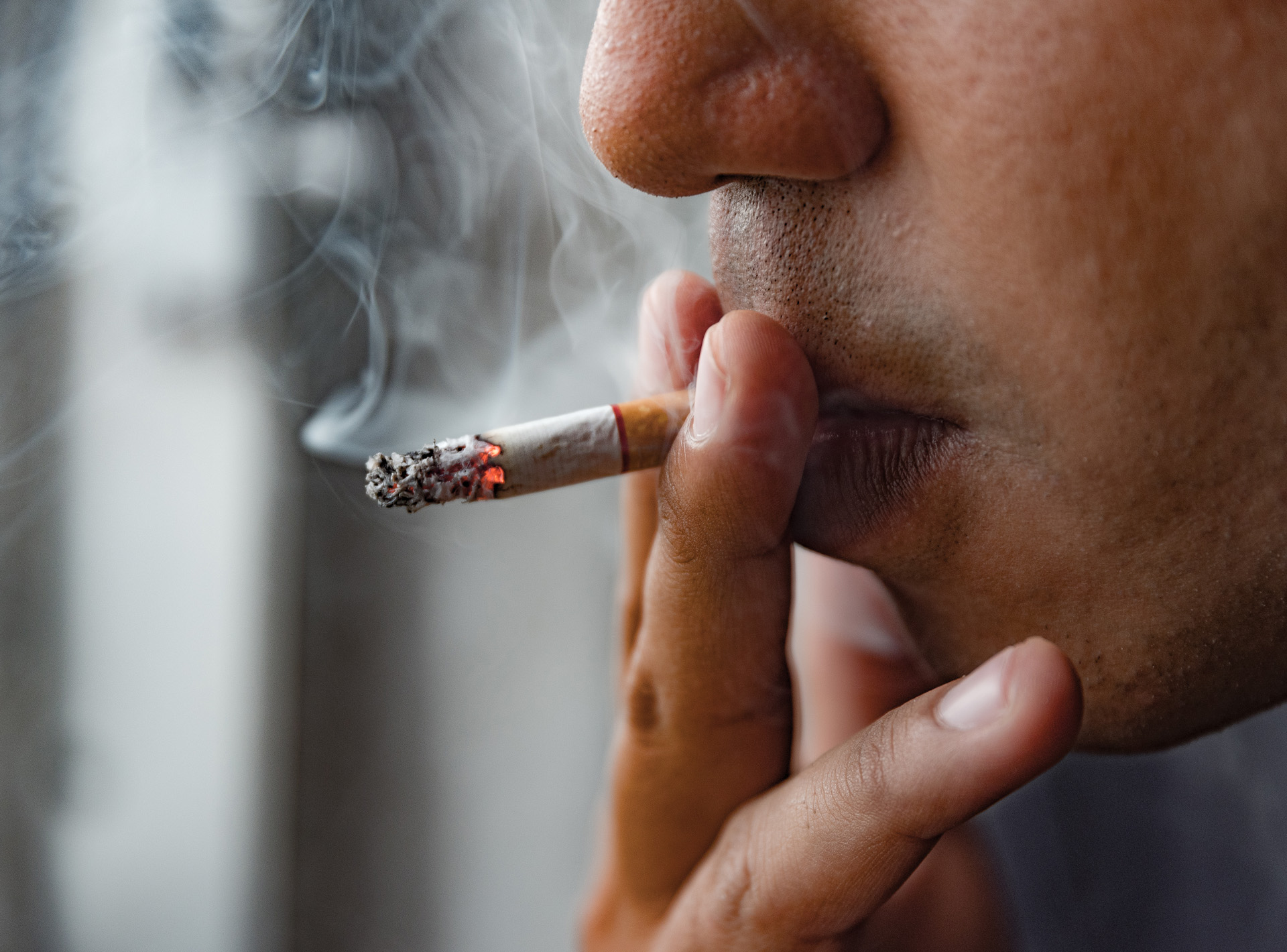 New research based on Australian data has suggested that recovering from a stroke could be impacted by genes linked to an increased risk of smoking.
New research based on Australian data has suggested that recovering from a stroke could be impacted by genes linked to an increased risk of smoking.
According to the study, published September 21st in Neurology, after adjusting for age, sex and stroke severity, people who were genetically predisposed to smoke had a 48% greater risk of worse recovery from an ischemic stroke than those who were not genetically predisposed.
The results stayed the same even when researchers adjusted further for genetically predicted alcohol consumption.
Lead author Dr Xinfeng Liu, from Nanjing University in China, said that their results provide genetic support for the theory that smoking negatively impacts a person’s recovery from ischemic stroke, which is caused by a blockage of blood flow to the brain.
“Stroke recovery can vary widely among people, from full recovery to serious disability or death,” Dr Liu said.
“While previous studies have found links between smoking and worse stroke recovery, it has been unclear if smoking is a cause, but by examining gene variants that increase a person’s risk of smoking, we found that smoking does cause worse stroke outcomes.
“These findings have important implications for stroke recovery: not only should doctors encourage all people to not smoke, but people who have had a stroke should be particularly encouraged to quit.”
To evaluate the genetic relationship between smoking and stroke recovery, the researchers conducted a meta-analysis of 12 studies from the United States, Europe, and Australia, which had examined genetics and stroke recovery.
More than 6,000 people of European ancestry, who had an ischemic stroke, were included in the study with recovery levels measured three months after the initial event.
Recovery was defined as either good or poor, with good recovery indicating that people had either fully recovered or were left with a slight disability yet retained their independence, and poor meaning they had acquired either a moderate disability requiring assistance, a severe disability, or had died.
A total of 3,741 people reported a good stroke recovery and 2,280 indicated that their progress had been poor.
Dr Liu and his colleagues used Mendelian randomization to determine if there was a cause and effect between 373 genetic variations – single nucleotide polymorphisms (SNPs) – biological markers indicating genes known to be linked to an increased risk of smoking and poor recovery from stroke.

